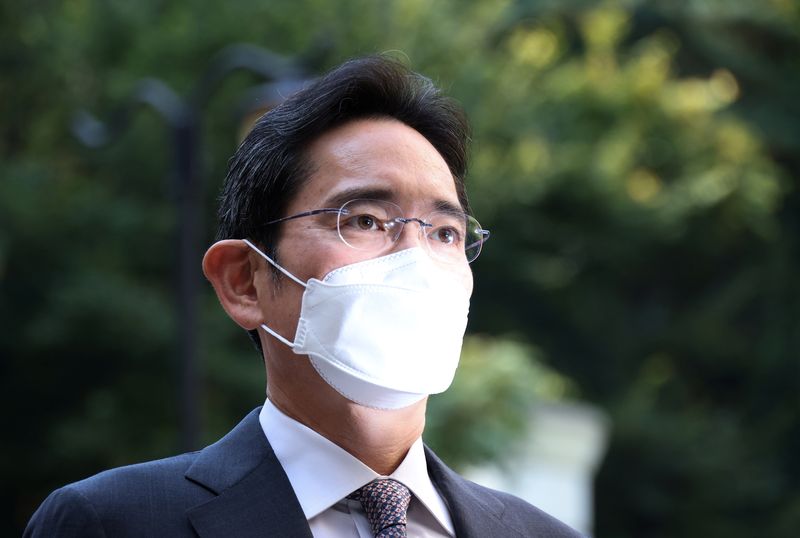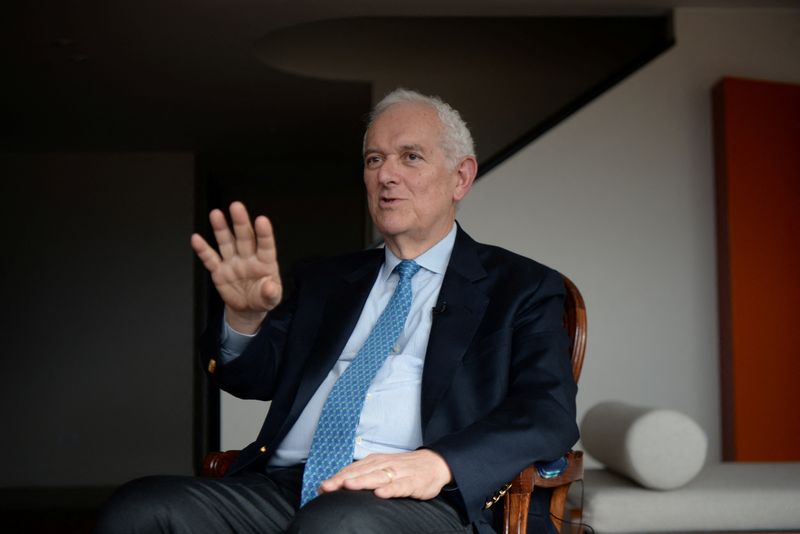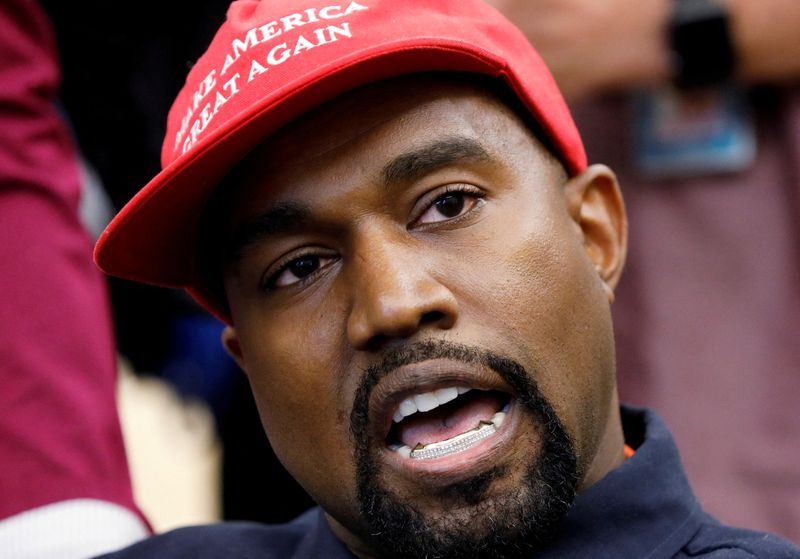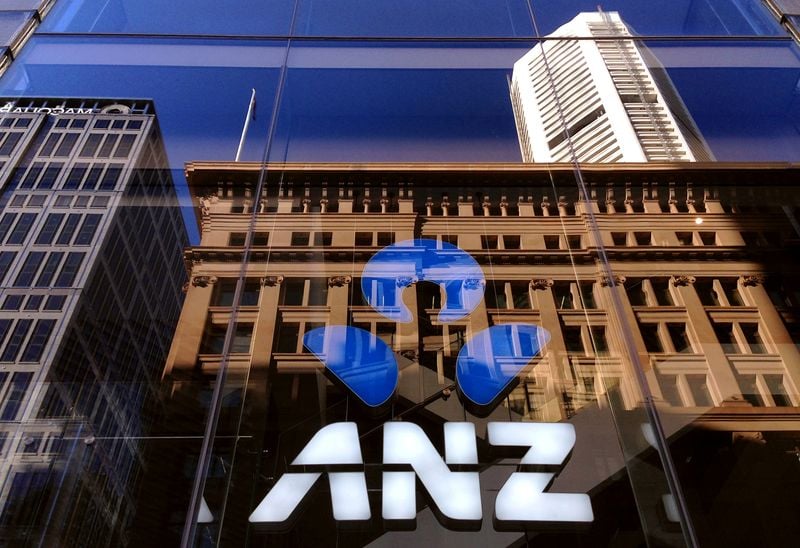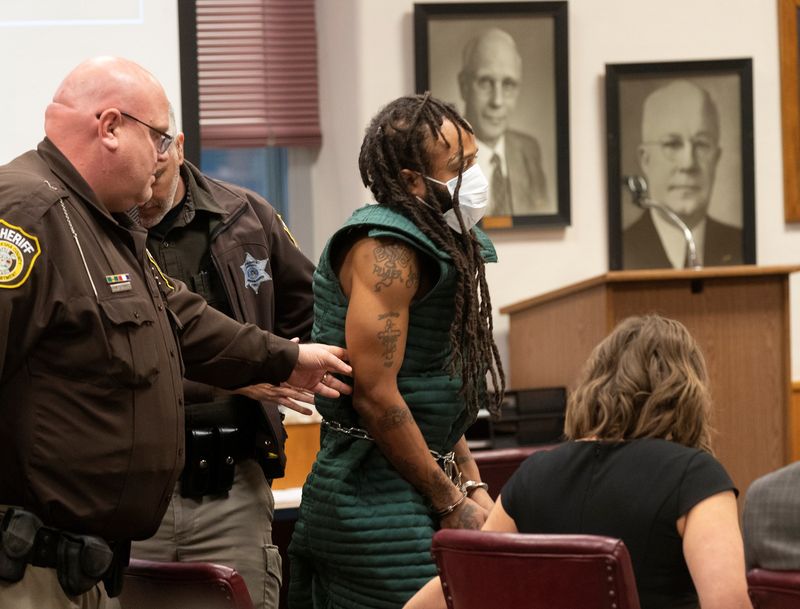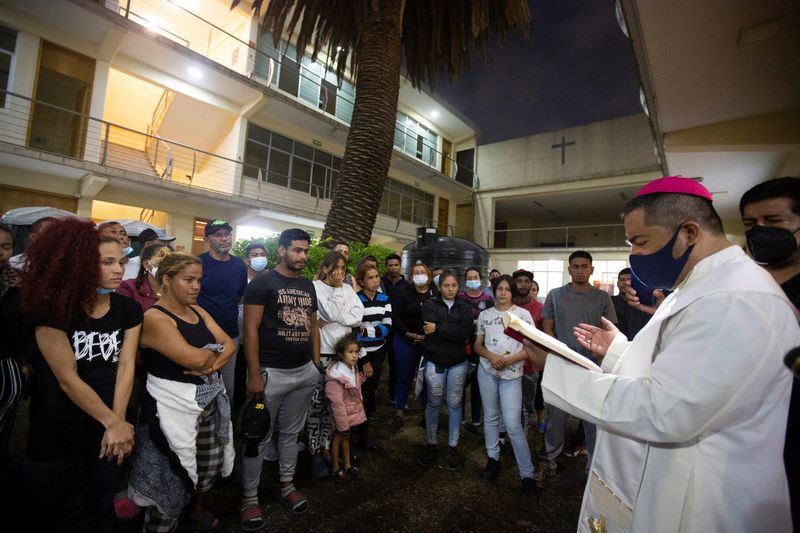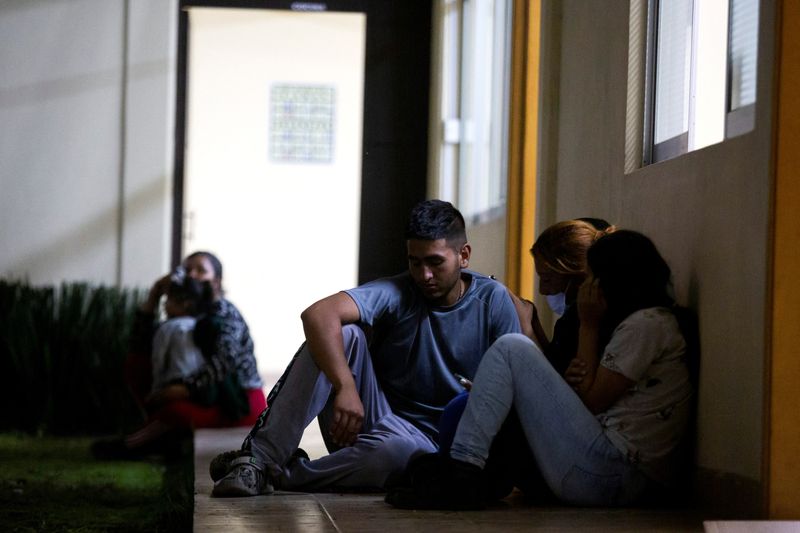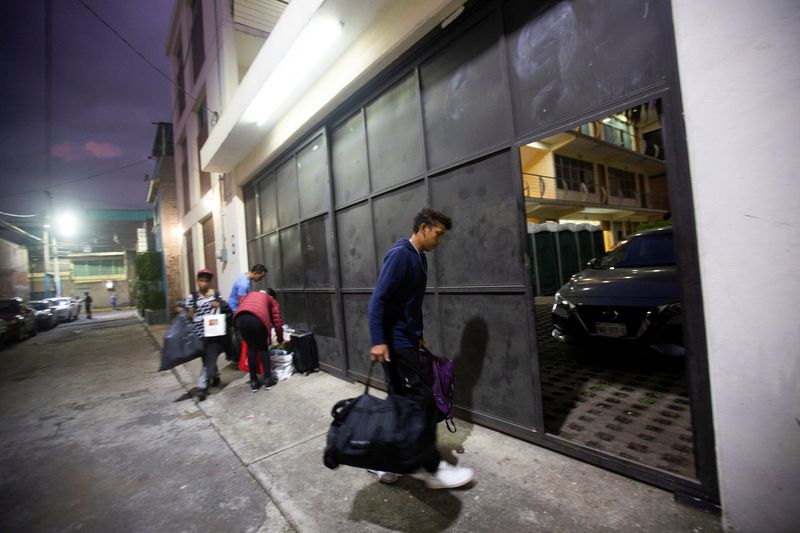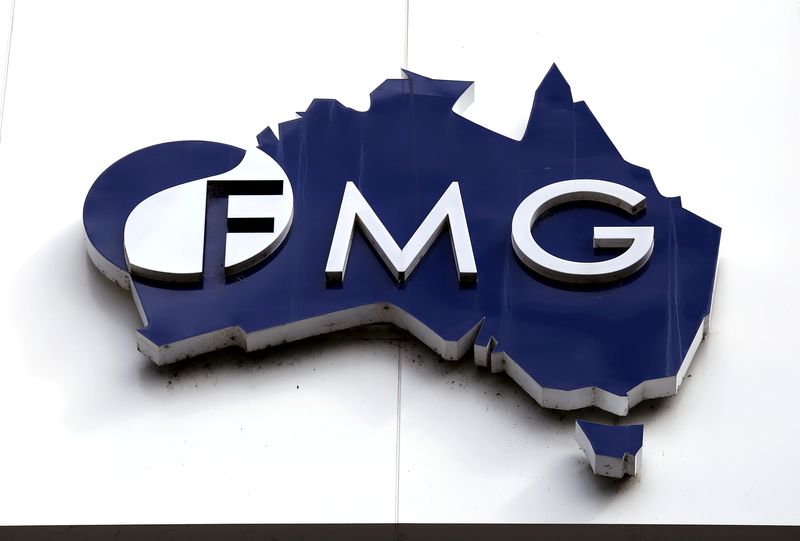BEIJING/HONG KONG (Reuters) – Chinese automaker Geely’s new energy vehicle subsidiary on Wednesday said its brand Farizon has raised over $300 million from a funding round led by Asian logistics firm GLP’s investment arm Hidden Hill Capital.
The new capital raise, which involves other investors such as Chinese logistics and chemical group Transfar and an investment firm backed by major Chinese investment bank CITIC Securities, came as Geely stepped up its new energy vehicle development.
Hangzhou-based Geely Holding Group, owner of Zhejiang Geely New Energy Commercial Vehicle Group which sells Farizon, is known globally with its investments in Volvo Cars and Mercedes-Benz. Geely Holding’s listed subsidiary Geely Automobile Holdings Ltd said it aims to increase the proportion of electric vehicles in its total sales to 50% in 2023.
Farizon will use much of the funding “for research & development and ecosystem development, in order to further consolidate its market-leading position in new energy commercial vehicles,” Zhejiang Geely New Energy Commercial Vehicle Group said in a statement.
Geely New Energy Commercial Vehicle did not disclose Farizon’s valuation in the statement.
The Industry Foundation of the Chinese city of Xiangtan, in the southern province of Hunan, Geely-backed GLy Capital and South Korea’s Mirae Asset also participated in the capital raise, according to the statement.
With GLP’s business presence across over 400 logistics facilities and warehouses in China, Hidden Hill Capital will help Farizon promote the rental and sales of urban logistics vehicles and marketing of refrigerated cars, and support Farizon in exploring new business models, the statement said.
Zeekr, a different electric vehicle brand backed by Geely Holding Group, last year raised $500 million in its first external funding from investors including Intel Capital, battery maker CATL and online entertainment firm Bilibili.
(This story has been corrected to reflect company’s new name to GLP in lead paragraph)
(Reporting by Roxanne Liu and Kane Wu; Editing by Bernadette Baum)








